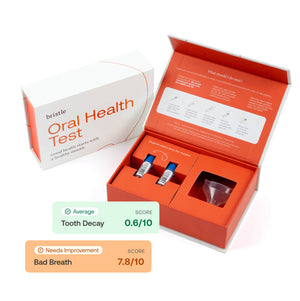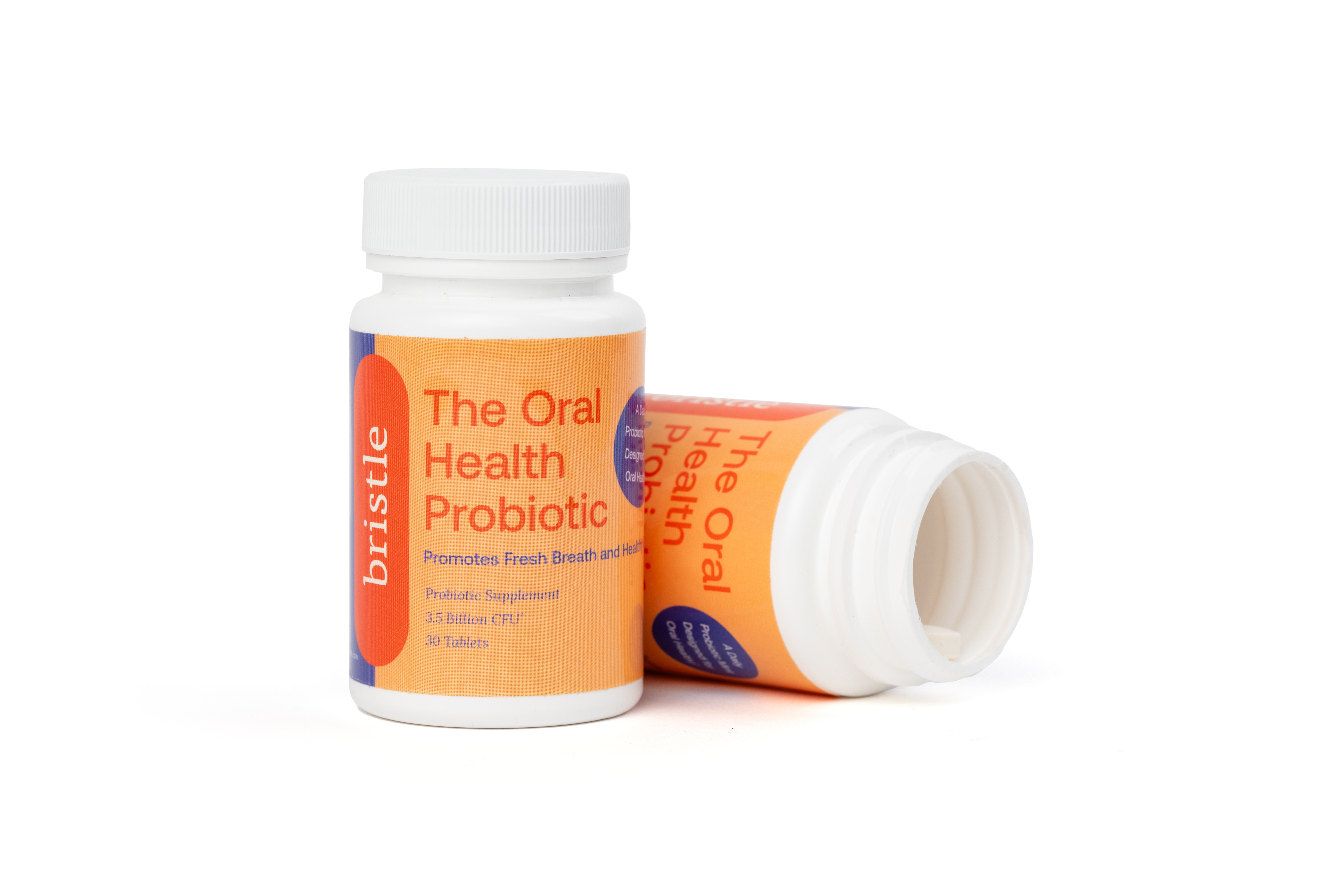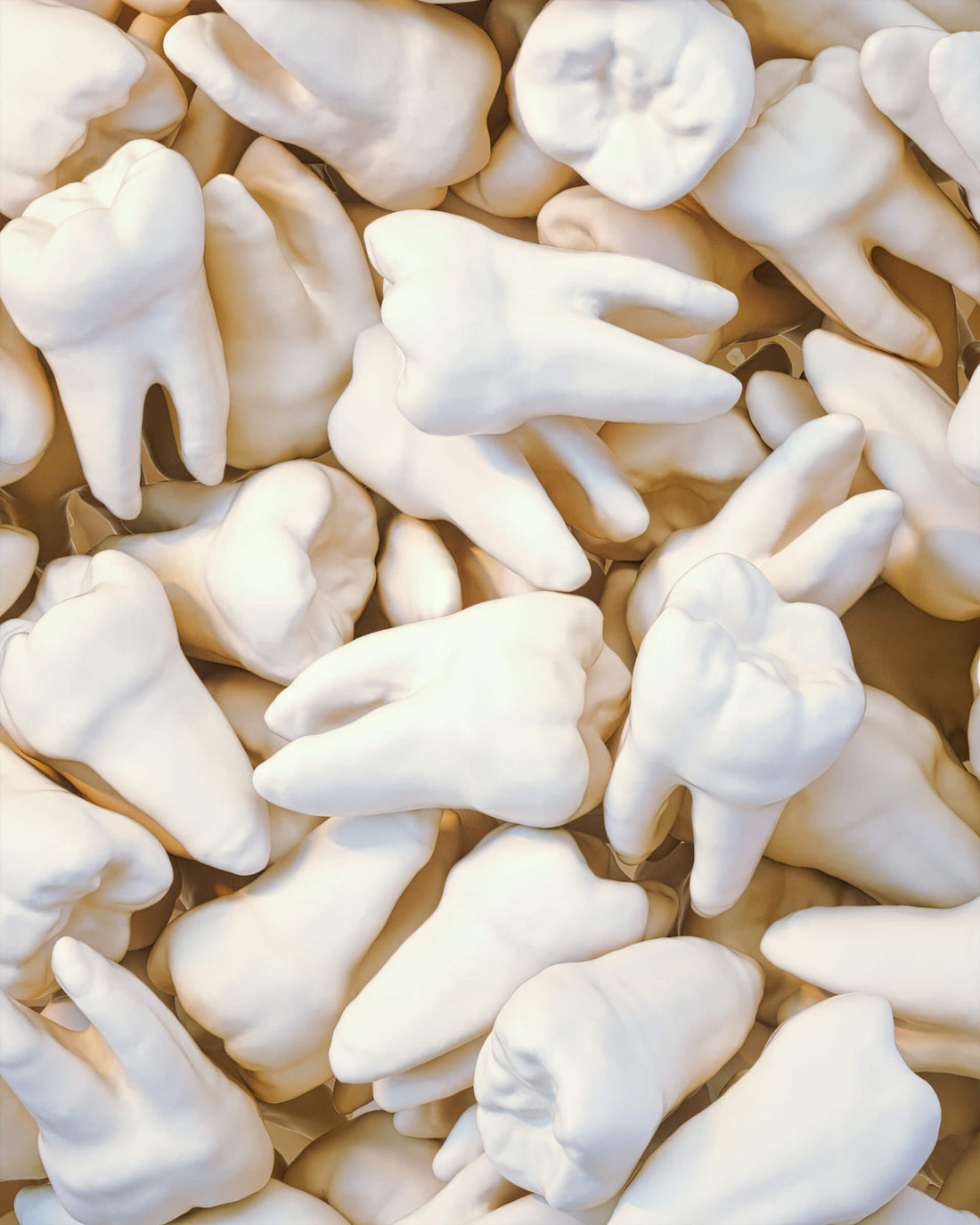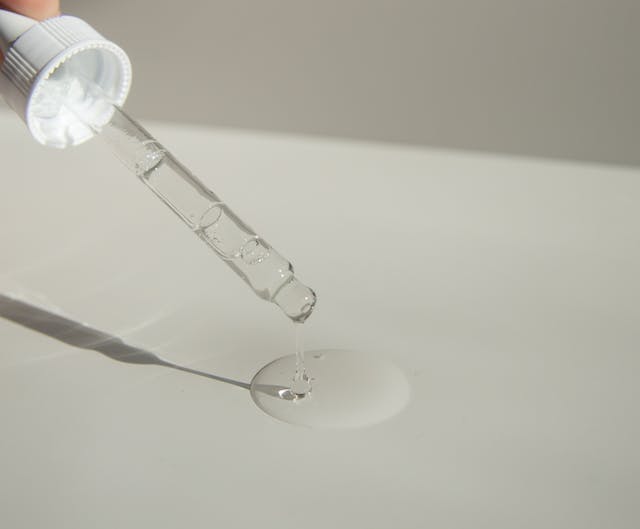We all know that we should brush, floss, and avoid sugar, but did you know that what you eat has a big impact on your oral health? Or that brushing too soon after eating can do more harm than good? In this post, we’ll cover:
How our diets can feed cavity-causing bacteria
Our mouths are home to a community of billions of tiny lives: bacteria and other microbes. The genomic “fingerprint” of this complex ecosystem is known as our oral microbiome. Like our fingerprints, each of us has a unique microbiome that represents, on average, 150 different bacterial species (with over 700 that have been identified!).
Some of these bacteria help keep us healthy by breaking down food, producing vitamins, and fighting off infectious microbes. Other species can be harmful and contribute to the development of cavities and gum disease.
Certain of these harmful species of bacteria live on the surfaces of our teeth. They thrive on sugar and carbs, so whenever you eat or drink anything with carbs, these bacteria have a feast laid out for them.
Like all life forms, bacteria eat and then produce waste. The waste from these bacteria includes acids that attack your tooth enamel.
What you can do:
Food and drinks that can cause cavities
Many of the popular drinks we consume are, unfortunately, harsh on our teeth. Coffee, tea and fruit drinks are acidic (low pH). Sweetened carbonated drinks, especially soda, pop, and sports drinks balance the sweet taste of sugar with the tart taste of various acids (look on the label) and are especially erosive to teeth. Fruit juices may be natural, but they are naturally high in sugar and acids (including ascorbic acid--Vitamin C, which is essential for like). Fruit drinks may dilute the fruit juice, but they often add sugar and acids to make up the taste.
This applies to food as well. Fruits, especially citrus fruits, dishes made with fruit like pies, cobblers, jellies & jam are also damaging to your teeth. Candies are especially bad, concentrating the sugar and often amping up the acid. Extra sour candies have been found to be nearly as bad as battery acid for your teeth [2].
What you can do
For many of us, cutting back on coffee and other acidic dietary items is out of the question. Thankfully there are a few easy ways to limit the amount of damage they will do to your teeth.
Foods you should eat
So now that we’ve covered food and drinks that can harm our teeth let’s wrap up on a positive note listing foods that can help fend off tooth decay and gum disease.
Xylitol and sugar-free chewing gum
One of our body’s best natural defenses against cavities is our saliva. In addition to washing away excess food particles and debris, saliva has antimicrobial properties that help keep harmful bacteria at bay [3].
Also, we’ve covered how the enamel in our teeth becomes soft after eating certain foods. Saliva helps with re-hardening our teeth by contributing molecules our teeth need (remineralization) [4].
Since saliva is our body’s best defense against cavities, anything that creates more saliva helps even more, which is where chewing gum comes in. Studies show that the act of chewing helps generate up to 10x more saliva [5].
We know to avoid sugar, so instead, look for a sugar-free or xylitol-sweetened gums to use after meals.
Cheese and Dairy
There’s good news for cheese lovers; cheese has multiple benefits for your teeth. Cheese is usually low in sugar but contains high levels of calcium and proteins that play a role in protecting and rebuilding your enamel [6].
In one study, participants who ate cheese 5x/week or more saw a reduced risk of cavities of 53% [7]. A follow-up study found that subjects over 65 years old with root cavities consumed half the amount of cheese as those without root cavities [8].
High-fiber vegetables
We all know that we should eat more vegetables to stay healthy, and this maxim holds true for oral health as well.
Vegetables high in fiber have been shown to stimulate saliva production and neutralize acid, both of which protect teeth from decay. They also tend to be high in vitamins A and C, which aid in rebuilding tooth enamel and helping gums heal quickly from wounds, respectively.
High pH “alkaline” vegetables
Many vegetables are natural higher pH, more alkaline, less acid. Cruciferous vegetables like broccoli and cabbage, kale and arugula are especially good and have many other health benefits. Green leafy vegetables, from spinach to lettuce are also good for your teeth. Substitute cucumber slices for lemon to jazz up your water.
Foods high in arginine
Arginine is a chemical building block known as an “amino acid.” Multiple studies have looked into its apparent ability to destabilize the plaque build-up on our teeth that harmful bacteria can hide in. More clinical studies are needed to establish the efficacy of arginine in reducing plaque buildup, but early signs are promising [9].
Foods high in arginine content include peanuts, chickpeas, lentils, soybeans, pumpkin seeds, and poultry [10].






